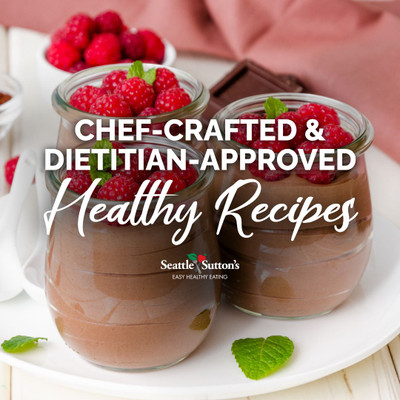Bee Well: Sweet Secrets of Honey and the Healing Power of the Hive
For over 10,000 years, humans have shared a deep connection with honeybees - not just as pollinators, but as healers, symbols, and sacred beings. As a beekeeper for over ten years, I've spent countless hours observing, caring for, and learning from honeybees and fellow beekeepers. Today, science is catching up to ancient wisdom, revealing how bee products like honey, propolis, and royal jelly support health and wellness in powerful ways.
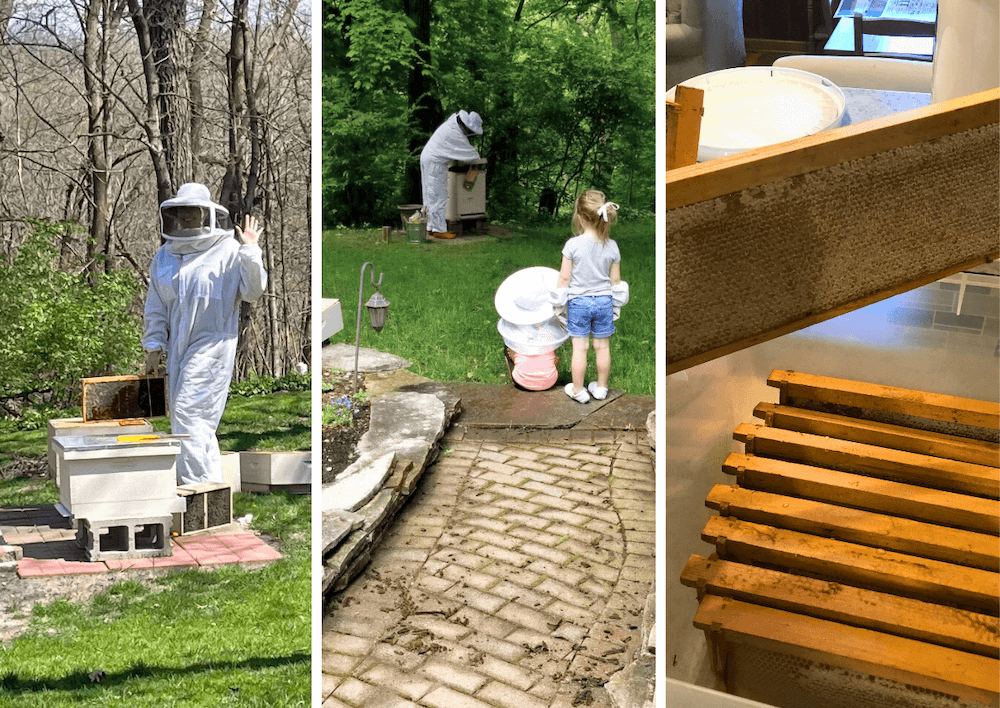
Honey: Nature's Nutrient-Rich Healer
Honey is far more than a sweetener. It's packed with enzymes, amino acids, vitamins, minerals, antioxidants, and water - everything needed to sustain life. Ancient civilizations used honey to treat wounds, preserve food, and even embalm bodies. Today, it's still used for its healing and nutritional qualities.
Medical sources like the Mayo Clinic recognize honey's antibacterial and anti-inflammatory properties.
It's especially effective for:
• Treating sore throats and coughs
• Healing minor wounds and burns
• Supporting digestion and sleep
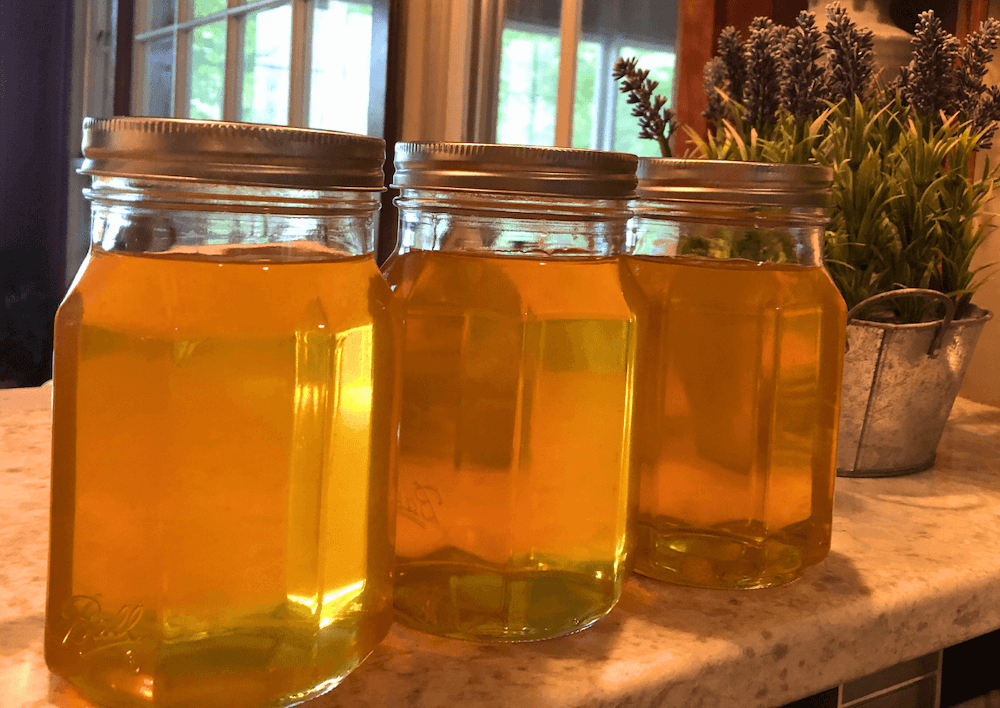
Raw vs Processed Honey: What's the difference?
Not all honey is created equally. There's a significant difference between raw honey and processed (commercial) honey that may have implications for your health.
Raw honey is unfiltered and unpasteurized, retaining its natural enzymes, vitamins, and antibacterial compounds. It often appears cloudy and may contain pollen, royal jelly, and wax bits.
Raw Honey Benefits:
• Rich in vitamins A, C, D, E, and B-complex
• Contains digestive enzymes like amylase
• Offers stronger antioxidant and antibacterial effects
Processed Honey Drawbacks:
• Heated and filtered for shelf appeal
• Loses many nutrients and enzymes
• Less effective for healing and nutrition
Raw honey is a living food, which means it retains all the naturally occurring nutrients and bioactive compounds that give honey its legendary health properties. If you're using honey for health, raw honey is the way to go!
Honey Never Spoils
Here's a sweet fact: Honey is one of the only foods considered "immortal" because it has been found perfectly preserved in Egyptian tombs, still edible after thousands of years.
This remarkable shelf-life is due to honeys:
• Low moisture content
• High acidity
• Natural hydrogen peroxide and antimicrobial compounds
Properly stored in a sealed container at room temperature, raw honey can last indefinitely.
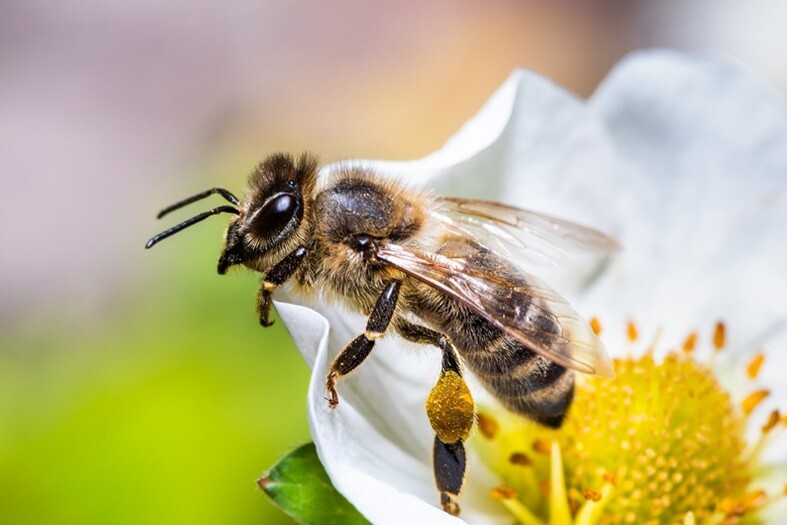
Honey Varieties: One Flower, Infinite Flavors
Honey's taste, color, and aroma depend on the flowers bees visit. From light clover honey to dark, rich buckwheat honey, every batch is a unique reflection of its local ecosystem.
In the United States alone, you can find a little over 300 varieties of honey. Bees never follow the same recipe twice, ensuring no two batches are ever the same.
Apitherapy: Healing with Bee Products
Apitherapy is the therapeutic use of bee products, a practice rooted in ancient traditions from Asia and Eastern Europe. Today, it's gaining popularity in alternative medicine and holistic health circles.
Key Bee Products in Apitherapy:
• Honey: Supports immunity, digestion, heart health, and sleep
• Propolis: A resin collected from tree buds with antiviral, antifungal, and antibacterial properties. Used for immune-boosting and throat sprays. Below is a what raw harvested propolis looks like!
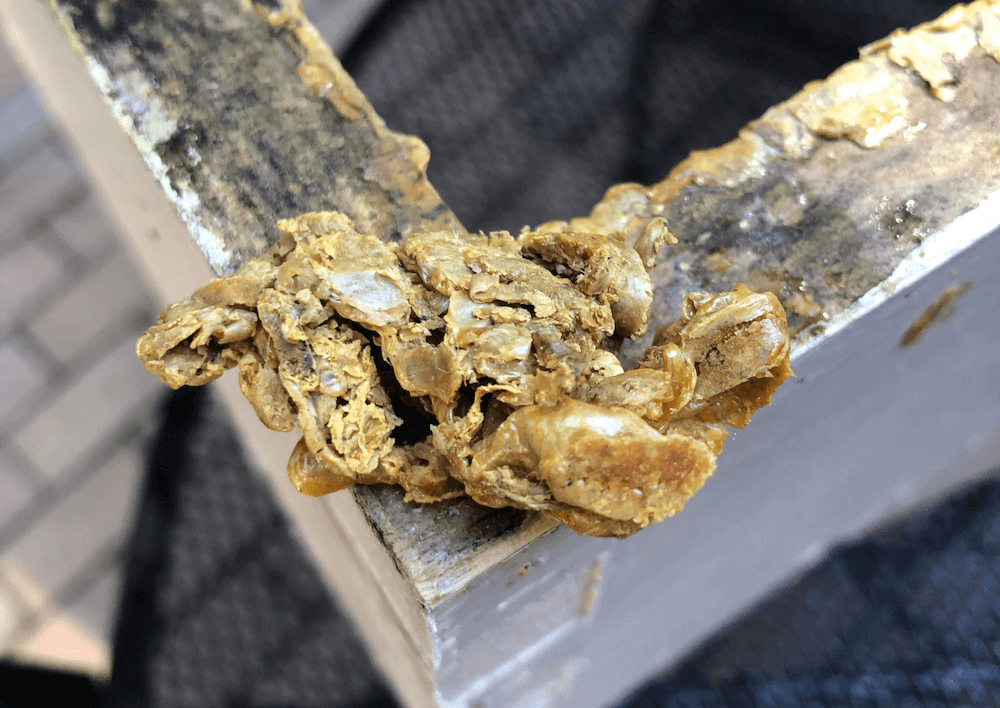
• Royal Jelly: A nutrient-rich substance fed to queen bees. Believed to support hormonal health, fertility, and anti-aging
• Bee Pollen: Loaded with amino acids, vitamins, and antioxidants. Used for energy, inflammation, and immune support
• Bee Venom: Used in controlled therapy for arthritis, multiple sclerosis, and chronic pain conditions. Though promising, it should only be administered by trained professionals due to risk of allergic reactions
Other Health Uses of Honey
Honey isn't a cure-all, but it offers a wide range of health benefits when used appropriately:
• Allergies: A tablespoon of local raw honey daily may help reduce sensitivity to pollen.
• Hangovers: Natural sugars in honey help the liver break down alcohol.
• Ulcers: Manuka honey from New Zealand is especially effective for gut healing.
• Constipation: Acts as a gentle laxative.
• Skincare: Found in many natural skincare products.
A Buzz Through Time: Bees in Human History and Mythology
Bees have long been revered across cultures. When I became a beekeeper, I was given an amazing book called, "The Beekeeper's Bible", written by Richard Jones. It was here that I learned that our relationship with bees is one of the oldest known among humans and insects.
Prehistoric San Bushman of South Africa
Ancient rock art shows bees as spiritual symbols tied to the San creation myth. In the San creation myth, a bee carries a mantis across a river, shaping the world.
Ancient Egypt
Bees were sacred. Beekeepers were honored in carvings and rituals, and honey was considered prized food. Honey was also used in embalming and was found preserved in pharaohs' tombs thousands of years later.
Greek Mythology
Bees symbolized the soul and were linked to Demeter, goddess of Earth and crops. Honey cakes shaped like humans were offered to children, perhaps foreshadowing the modern gingerbread man.
Siberian, Central Asian, and South America
Bees often symbolize the soul leaving the body. The idea that the bee bridges the spiritual and material world is a theme that stretches across cultures.
Hinduism, Judaism, and Christianity
Sacred texts mention bees and honey. The Bible, Quran, and Vedic scriptures all reference the sweetness and healing powers of honey. Across belief systems, bees are portrayed not just as industrious, but as divine messengers.
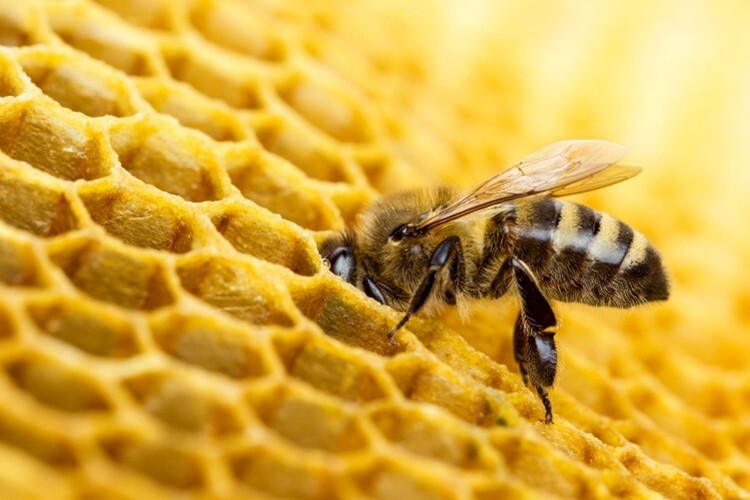
Bees: Nature's Tiny Engineers with Big Impact
Bees are fascinating creatures. These pint-sized powerhouses keep our food system buzzing and our planet blooming. They're not just honey-makers; they're architects, air conditioners, and agricultural MVPs. And yes, they do it all while wearing fuzzy little pants.
Three Types of Bees in a Hive
Every bee colony runs like a well-oiled machine. Their behavior, biology, and organizational structure in the hive rival the complexity of any human society.
• Queen Bee: The single fertile female, responsible for laying all the eggs
• Worker Bees: Sterile females who do everything, for instance, cleaning, feeding the young, foraging, guarding, and even air conditioning the hive
• Drones: Males whose only role is to mate with a queen. After mating, they die
Bee-yond Impressive: Fun Facts That'll Make You Buzz
• One honey bee makes just 1/12th of a teaspoon of honey in its lifetime
• On a single foraging trip, a bee visits 50 - 100 flowers
• There are only 4 to 11 species of honey bees, but over 25,000 bee species worldwide.
• Bee sizes range from 1/16 inch (tiny tropical stingless bees) to 1.5 inches (giant carpenter bees). Honey bees sit comfortably in the middle at about 1/2 inch.
• Despite their size, bees are responsible for pollinating nearly one-third of the food we eat.
Pollination Nation: Why Bees Matter to Your Plate
I am honored to work for Seattle Sutton's Healthy Eating, where we pride ourselves on using fresh, nutritious ingredients. Many of those ingredients exist thanks to one of nature's smallest but mightiest workers: the bee. These little workers are behind the scenes pollinating the fruits, veggies, nuts, and herbs that make our meals vibrant and balanced.
Without bees, your favorite foods (think apples, almonds, berries, and broccoli) would be in serious trouble. Every colorful salad, juicy fruit bowl, and veggie-packed dish is a tribute to their tireless work in the fields.
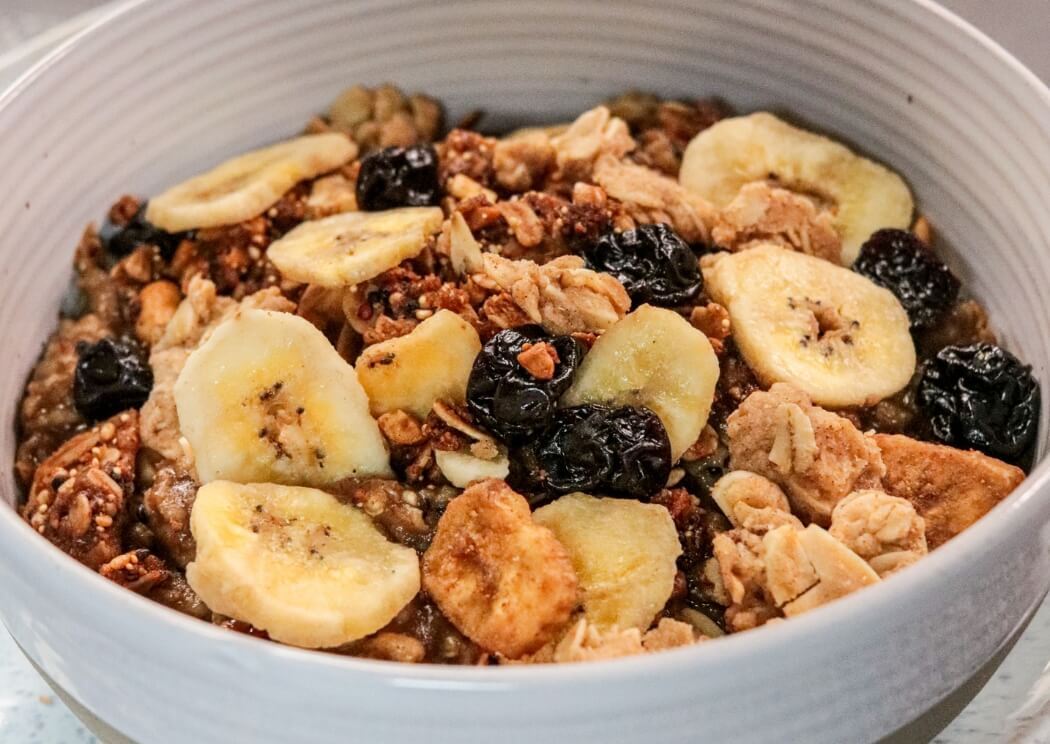
Respect the Buzz: Supporting Bee-Friendly Food Systems
We don't just love bees; we honor them. By sourcing responsibly and supporting natural ecosystems, we help protect the pollinators that make healthy eating possible. Whether you're drizzling raw honey on oatmeal, reading up on ancient bee myths, or enjoying a fresh Seattle Sutton's meal, you're part of a relationship that goes way beyond the plate.
It's a connection worth protecting - for your health, your food, and the future of our planet.
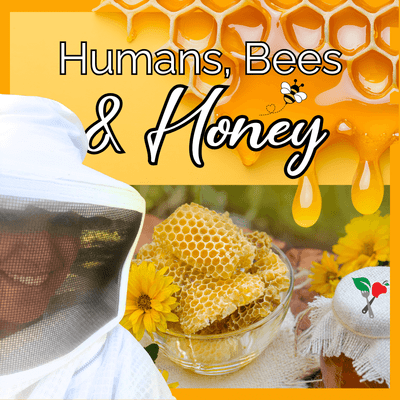





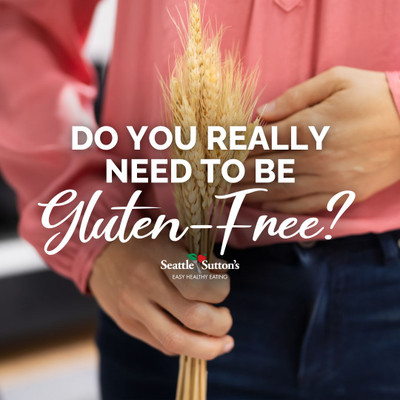
 Weight Loss
Weight Loss Health & Wellness
Health & Wellness Diabetes
Diabetes Heart Health
Heart Health Motherhood & Family
Motherhood & Family Dietary Restriction
Dietary Restriction Other Health Conditions
Other Health Conditions About SSHE
About SSHE


